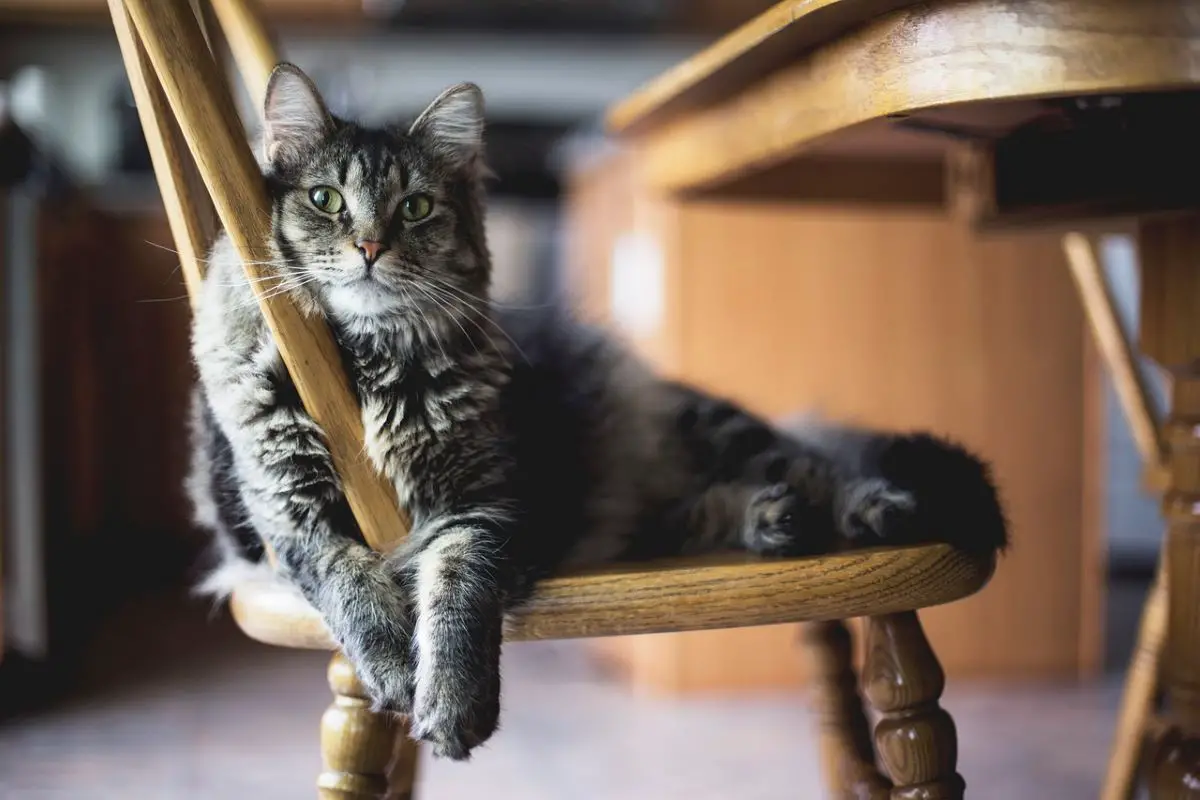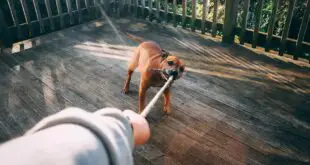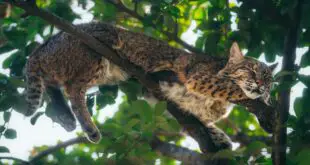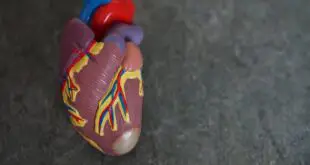A headbutt is a sign of a happy cat because facial pheromones calm and reassure them. A cat may roll over playfully, purr, have partially closed eyes, or act in another relaxed manner before and during headbutting.
You may also be headbutted by a cat you don’t know very well or at all to sniff you out.
Your Cat Loves You More Than You Think!
It’s pretty clear that you love your cat and it’s pretty obvious that they love you too. You purchase countless toys for them, give them their favorite treats, and buy them one fluffy bed after another. But no matter how much you spend in show of affection, until your entire house smells like your cat, your cat won’t feel at home. That includes you, too. That’s where headbutting comes in.
It is their way of depositing a little bit of their scent on you when they lightly touch their forehead to yours or push their tiny head against your leg. This may make them feel like you need a bit more perfume (kitty scented). Perhaps they may also think you have spent too much time watching Netflix and it is time to play. Let’s look at some of the reasons why your cat headbutts you.
What Does It Mean If A Cat Headbutts You?
If you are the favorite human of a friendly feline, you might be able to feel the cat rub their face all over yours after smooshing their head against yours. How sweet. This head-to-head contact behavior sometimes feels like a cat headbutt, with some force behind it. It is actually called head bunting, and it is a wonderful endearing behavior. During head bunting, a cat rubs their scent glands against another object and releases their scent onto the new surface.
Reasons Your Cat Is Headbutting You
There is one thing for sure. If done lightly, head bunting is adorable. However, this feline performance actually has an important behavior function.
Your Cat Is Marking Its Scent
The foreheads of cats are soft, fluffy, and filled with scent glands. The smells or scents of cats (both domesticated and wild) are extremely important, as they help them engage with their environment and communicate with it. They produce a lot of scent and have scent glands located all over their bodies. This includes their paws, the underside of their tails, their cheeks, chins, lips, and foreheads.
When a cat rubs its scent glands against a surface, pheromones are released. Pheromones are chemicals that act as little messengers between animals of the same species.
It is common for cats to perform head bunting as part of their affiliative display in order to deposit scents onto humans. Thus, when your cat bunts your head, they are leaving their own scent directly on your face. Interesting, isn’t it?
Cats Like Familiarity
Even though it might seem odd to you now that your cat’s scent is all over your face, it’s a wonderful experience for your cat! You now smell just like them! In fact, everything in your house smells exactly like your cat, just as they want it to. It might as well include your face. The scent of your own home is familiar to cats, and nothing smells more familiar than your own perfume. You can help your cat feel comfortable and relaxed in their environment by letting them leave their scent around the house and on you.
Combined scents (yours and theirs) are used to reinforce familiarity and bonding through bunting.
It isn’t just our house cats who behave this way. Large feline species, such as lions, also do this when they see a familiar face or when they return home after a hunt. It allows them to feel more relaxed, knowing that all of the group members are still present and accounted for.
Cats might head bunt a dog or another member of the family if they love and trust them, creating a sort of comforting communal scent.
Your Cat Wants Attention
You cat climbs onto your lab and pushes its delightful face against yours as you’re watching TV after you get home from work. The cat missed you and wants you to pay attention to them! Put down that fried delicacy and give your cat some love instead. You are lucky you have them (said the cat).
Responding To Your Cat’s Head Butting
Most of the time, your cat is head bunting you out of affection. The best thing to do if you don’t want them to do this is to gently pick up your kitty and offer them something else to rub on, such as a good scratching post, cat tree, or a favorite toy.
A cat may display head bunting when stressed or uncertain about their current situation. Being aware of the behavior and observing it when it occurs is important. Did you just get home from a long day at the office? Are you hosting new friends or do you have lots of loud people over? It’s all about context.
Try giving your cat some slow, gentle petting, or even gently nuzzling your face close to theirs if you think he or she is being affectionate. If, however, your cat displays other concerning body language cues in addition to the head bunting behavior, such as wide or dilated eyes, hissing, growling, ears flat on the head, tucked or twitching tail, or attempts to swat or bite, you should consider him unhappy. You shouldn’t keep touching them.
Provide them with some alone time in a quiet room instead, and consider what changes in the environment might be upsetting to them. Your home should be cat-friendly, with plenty of places for your cat to sunbathe, climb, hide, and sleep.
If your cat rubs its head against a hard surface or stands with its head pointing downward in a corner, it might not be head bunting. This could indicate head pressing, a potentially serious sign that your cat has a health condition. You should contact your veterinarian right away.
Conclusion
The cat is a pretty social creature; it communicates through its senses and body language. Cats do many things that make us fascinated and love them even more, including head bunting. Next time your cat “headbutts” you, think about what they may be feeling or, perhaps, smelling!
You May Like These Articles As Well:
Why Does My Cat Lay On My Chest? You Cat’s Behavior Explained
 Being Human
Being Human





